Ceiling Drywall Repair Timing Tips
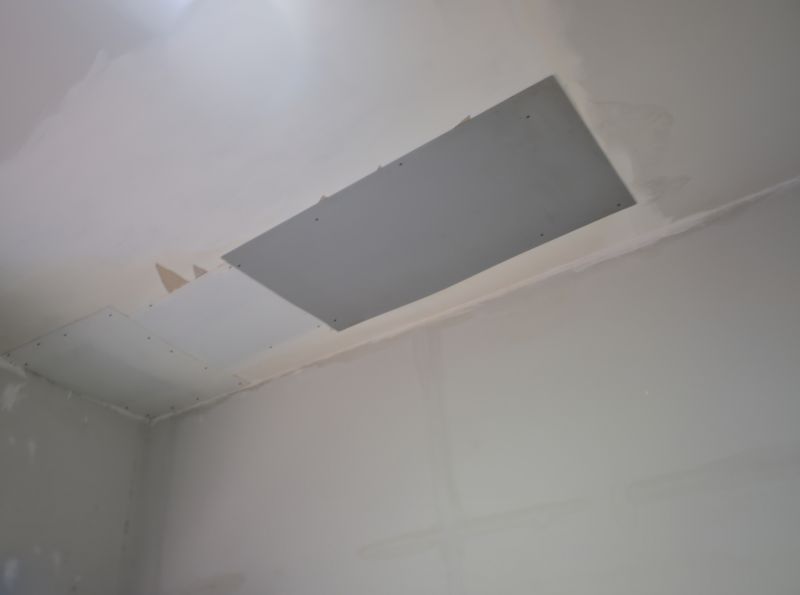
Summer offers warm, dry conditions ideal for drywall repairs, allowing for faster drying and curing times.
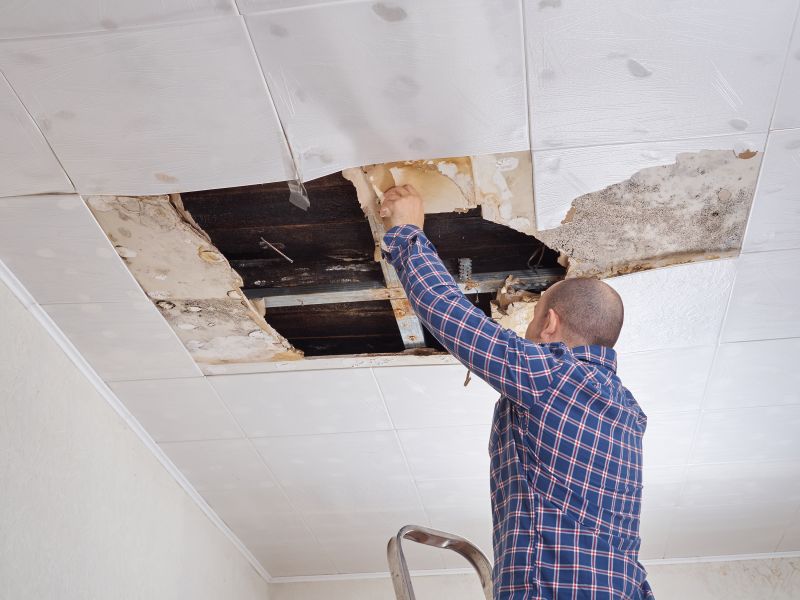
Fall provides moderate temperatures and lower humidity, minimizing the risk of moisture-related issues during repairs.
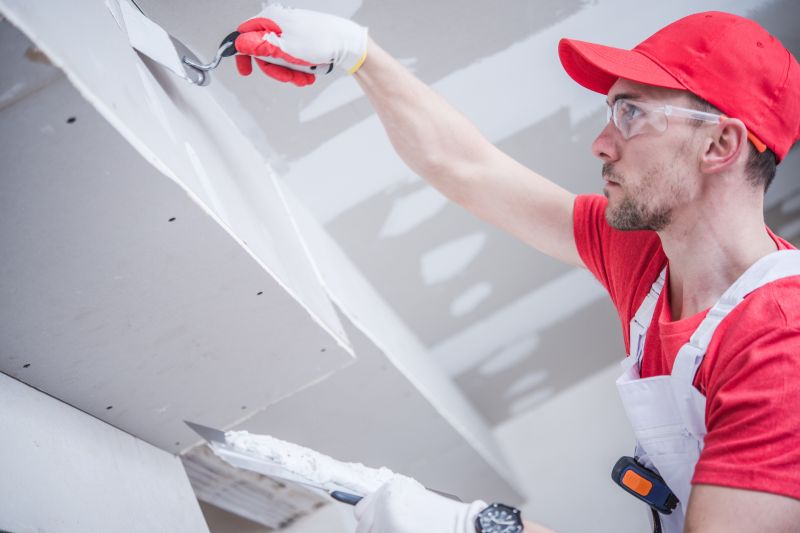
Winter repairs can be challenging due to cold and humidity, but indoor projects can be effectively scheduled during warmer periods.
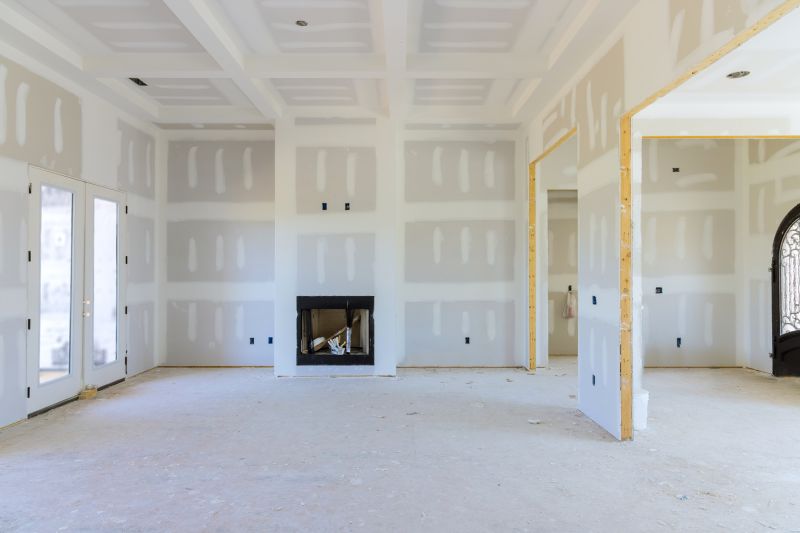
Ways to make Ceiling Drywall Repairs work in tight or awkward layouts.
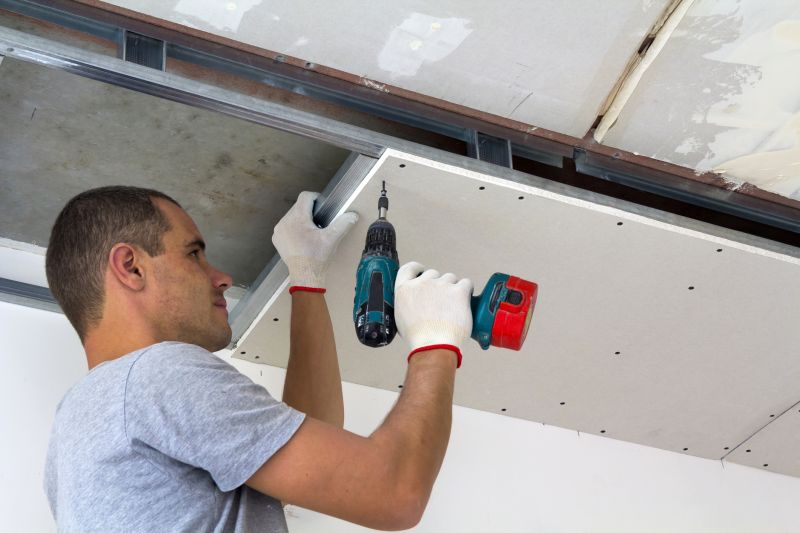
Popular materials for Ceiling Drywall Repairs and why they hold up over time.
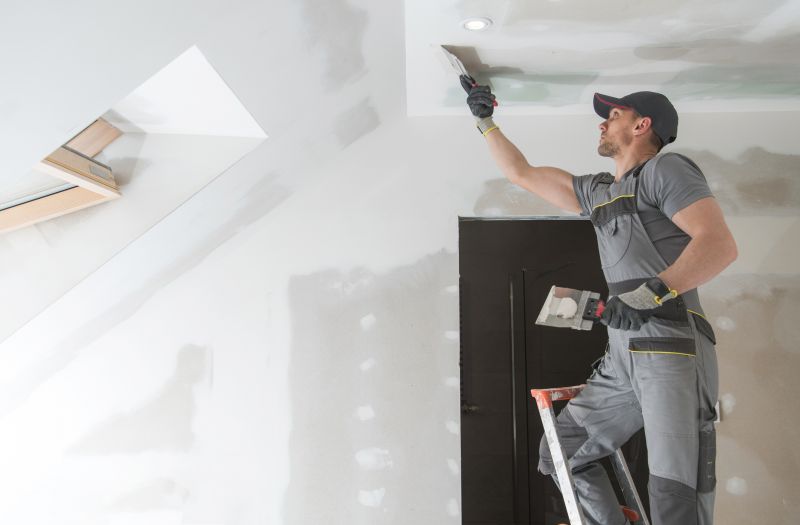
Simple add-ons that improve Ceiling Drywall Repairs without blowing the budget.
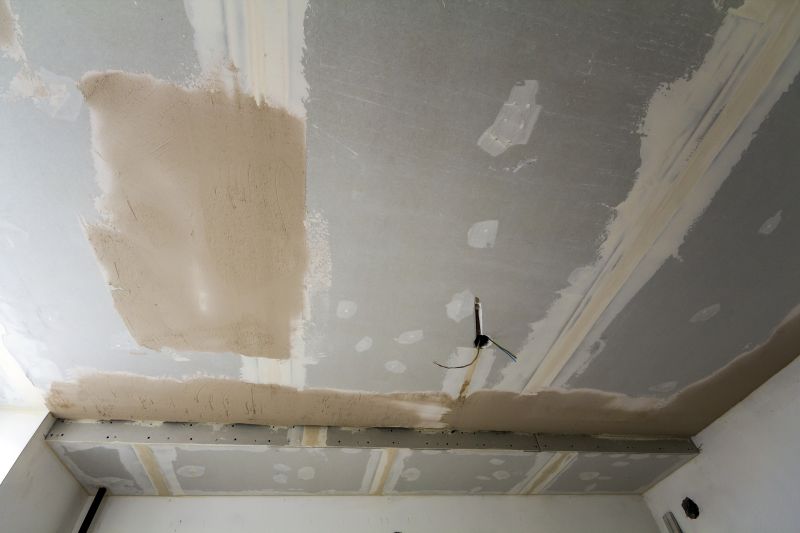
High-end options that actually feel worth it for Ceiling Drywall Repairs.
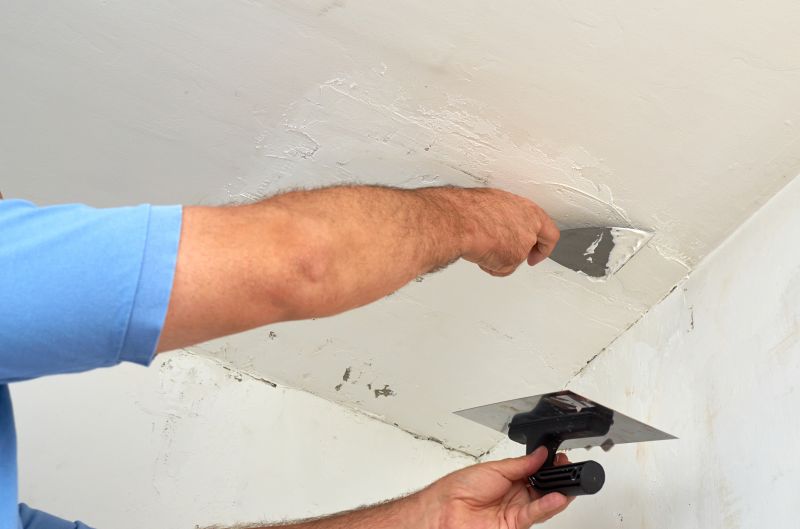
Finishes and colors that play nicely with Ceiling Drywall Repairs.
Ceiling drywall repairs are essential for maintaining the integrity and appearance of interior spaces. They address issues such as cracks, water damage, and sagging. Timely repairs can prevent further deterioration and costly renovations. Statistics indicate that neglecting ceiling repairs can lead to increased structural problems, with water damage being a leading cause of drywall failure. Proper scheduling based on seasonal conditions ensures optimal results and durability.
Address water damage promptly to prevent mold growth and structural weakening.
Choose times when indoor humidity is lower to ensure proper drying and adhesion of repair materials.
Plan repairs outside of peak renovation periods to reduce scheduling conflicts and ensure availability.
Optimal weather includes mild temperatures and low humidity, typically in spring and fall.

A professional assessment ensures repairs are performed under optimal conditions.
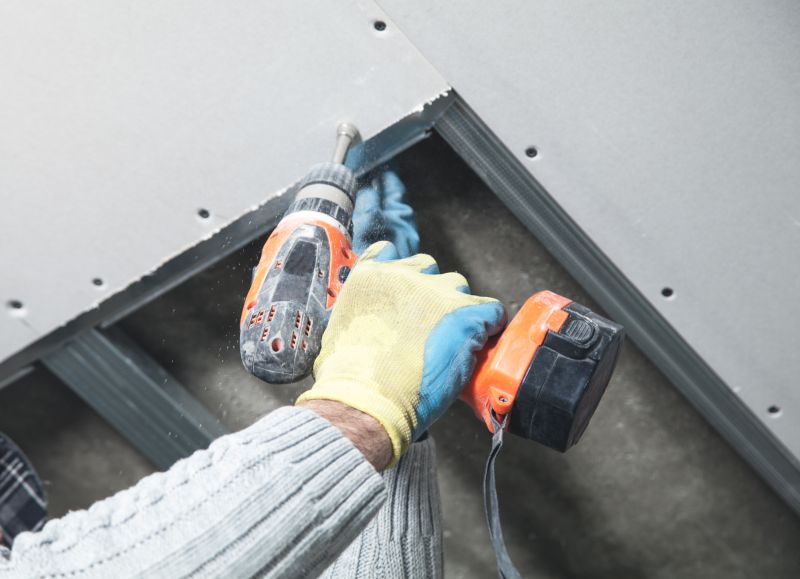
Proper tools and materials are essential for effective and lasting ceiling repairs.
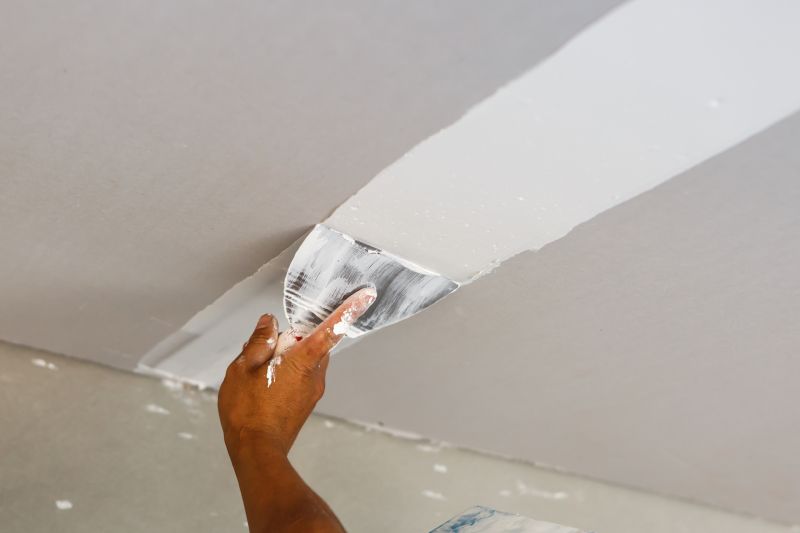
Visual evidence of successful drywall restoration highlights the importance of timing and technique.
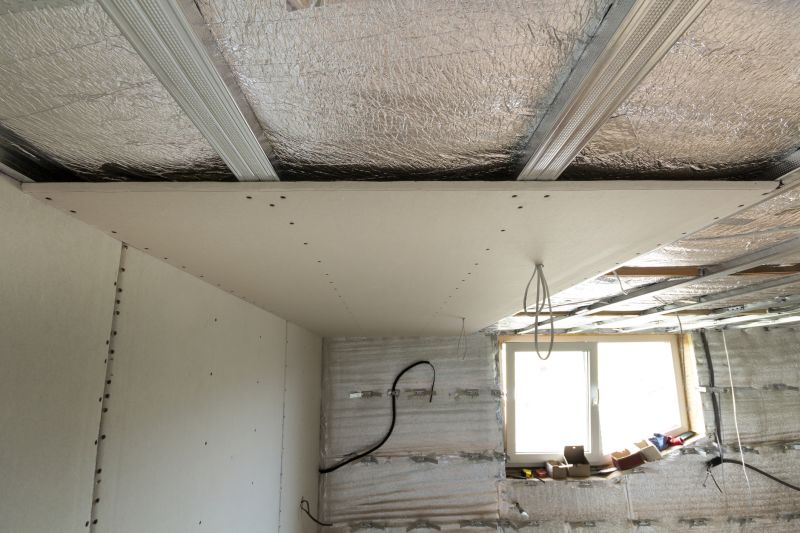
Maintaining ideal indoor conditions during repairs improves results and reduces complications.
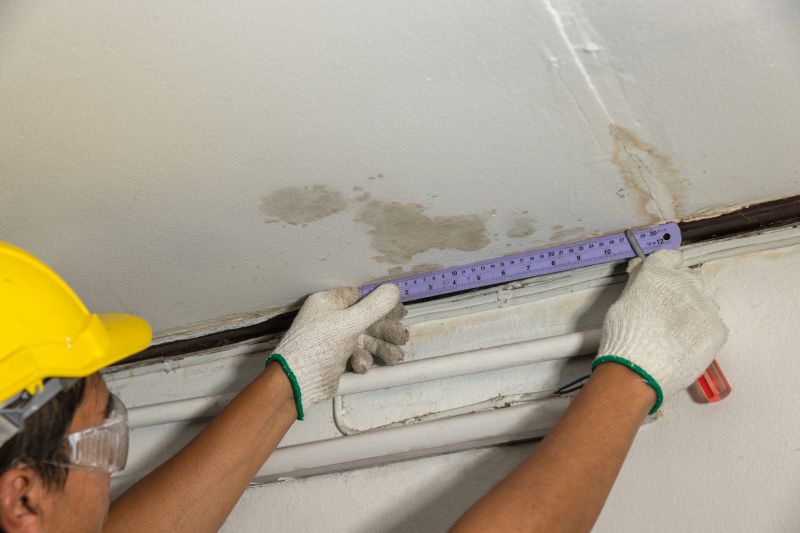
Little measurements that prevent headaches on Ceiling Drywall Repairs day.
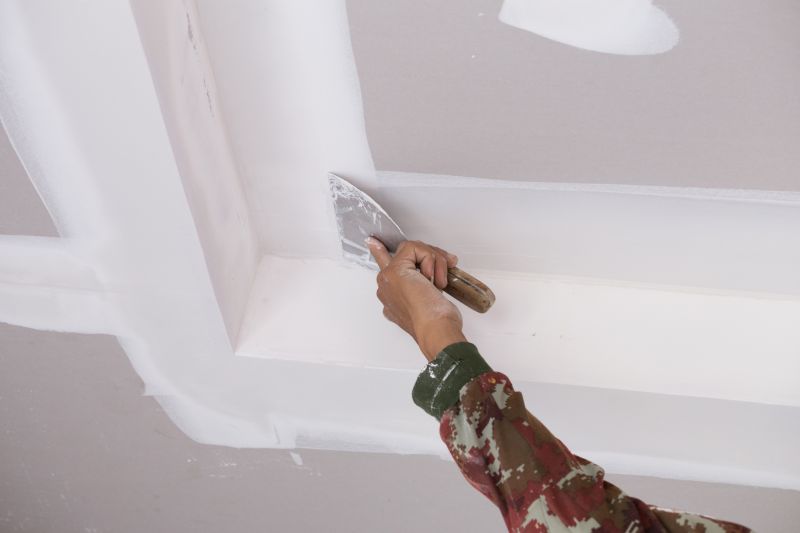
A 60-second routine that keeps Ceiling Drywall Repairs looking new.
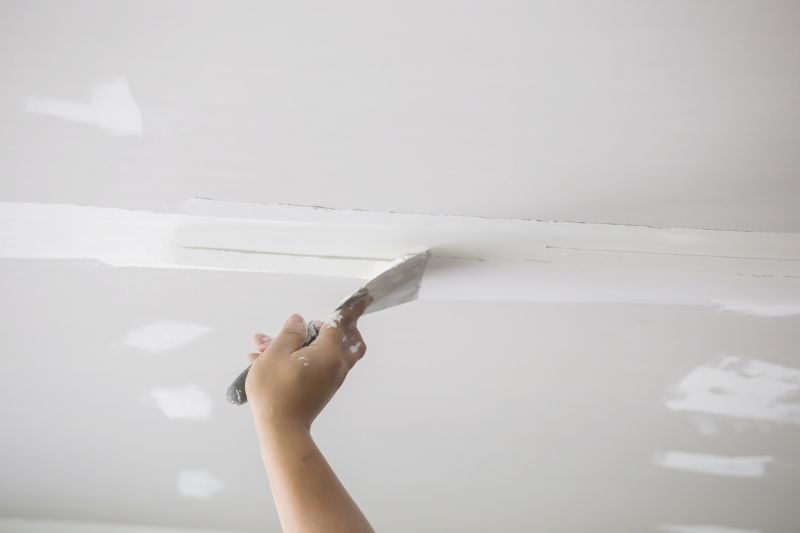
A frequent mistake in Ceiling Drywall Repairs and how to dodge it.
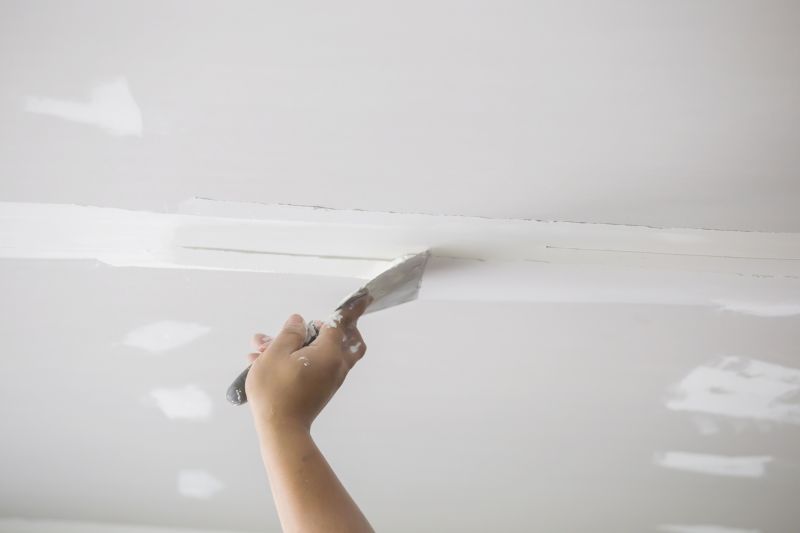
Small tweaks to make Ceiling Drywall Repairs safer and easier to use.
| Season | Optimal Conditions |
|---|---|
| Spring | Moderate temperatures, low humidity |
| Summer | Warm, dry weather, ideal for drying |
| Fall | Cooler temperatures, low humidity |
| Winter | Cold and humid, best to schedule indoors |
| Late Spring/Early Fall | Best overall for drywall repairs |
Ceiling drywall repairs are a critical aspect of interior maintenance, addressing issues that can compromise safety and aesthetics. Proper timing ensures that repairs are durable and less prone to future damage. Seasonal considerations, such as temperature and humidity, significantly influence the success of drywall restoration projects. Planning repairs during periods of stable weather and indoor climate control can lead to better adhesion, faster drying, and longer-lasting results.

Using the right tools and materials ensures high-quality and lasting repairs.
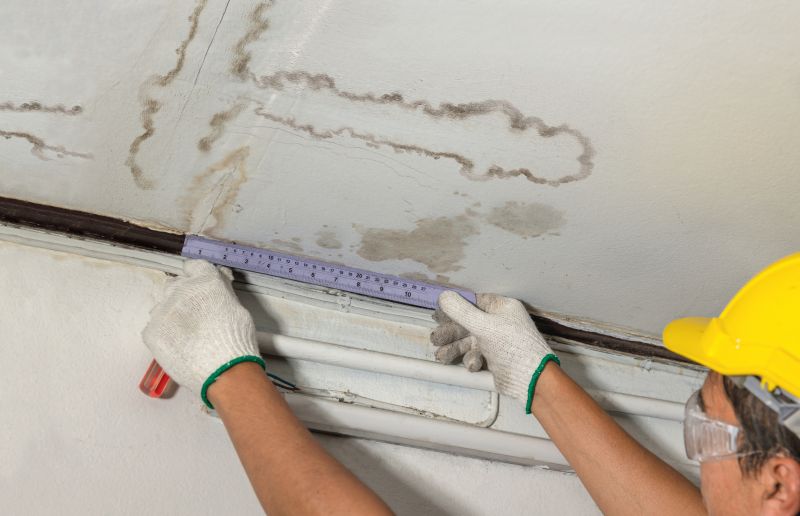
Assessment helps determine the best timing and approach for repairs.
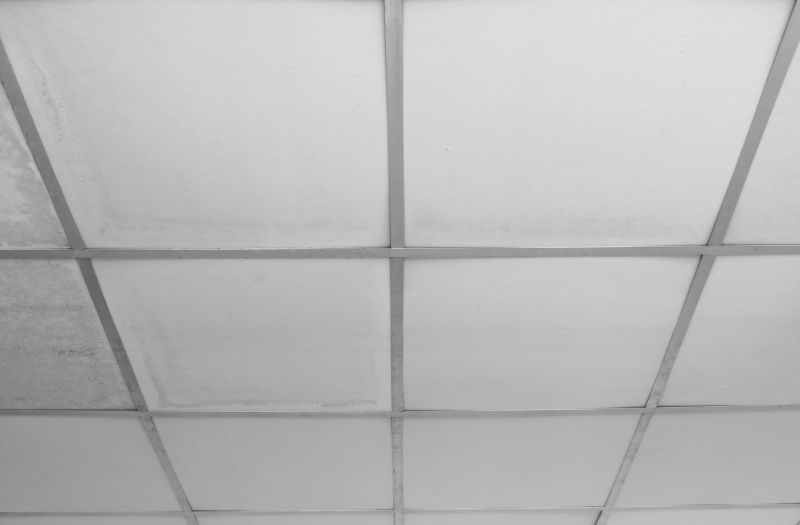
Properly timed repairs result in seamless, durable finishes.
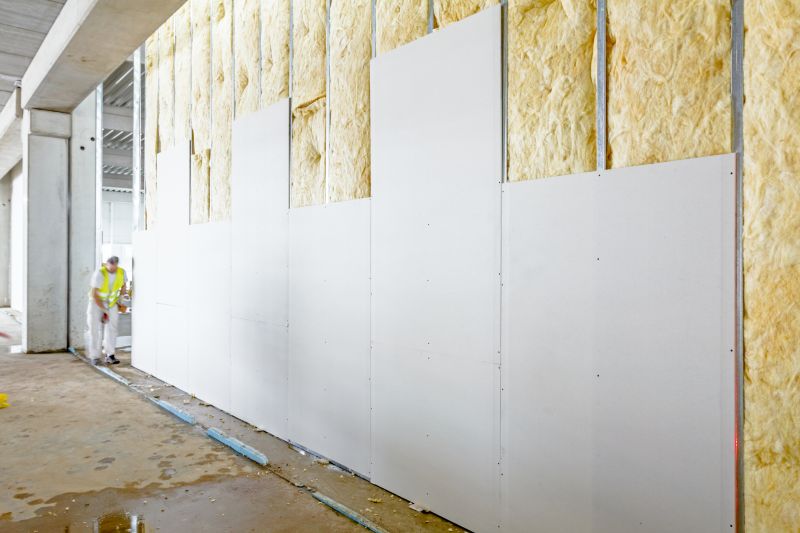
Controlling indoor conditions enhances repair quality and longevity.
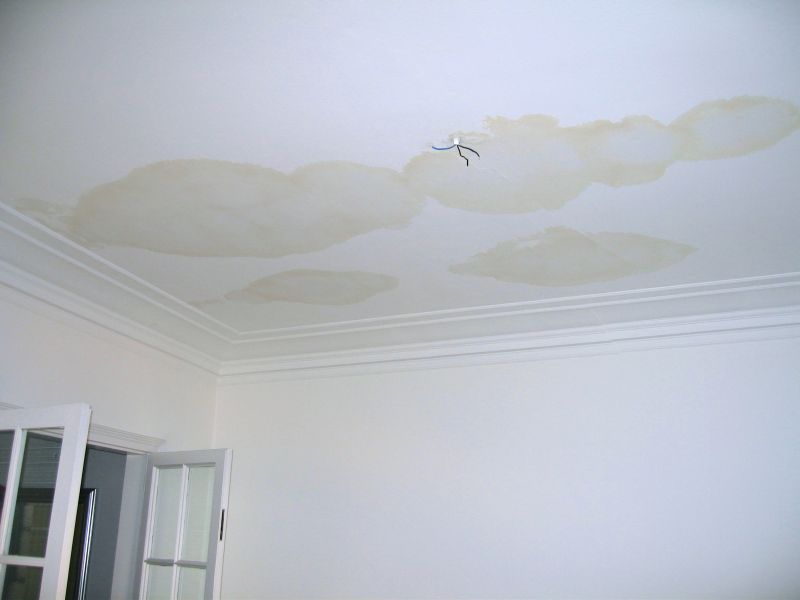
Lower-waste or water-saving choices for Ceiling Drywall Repairs.
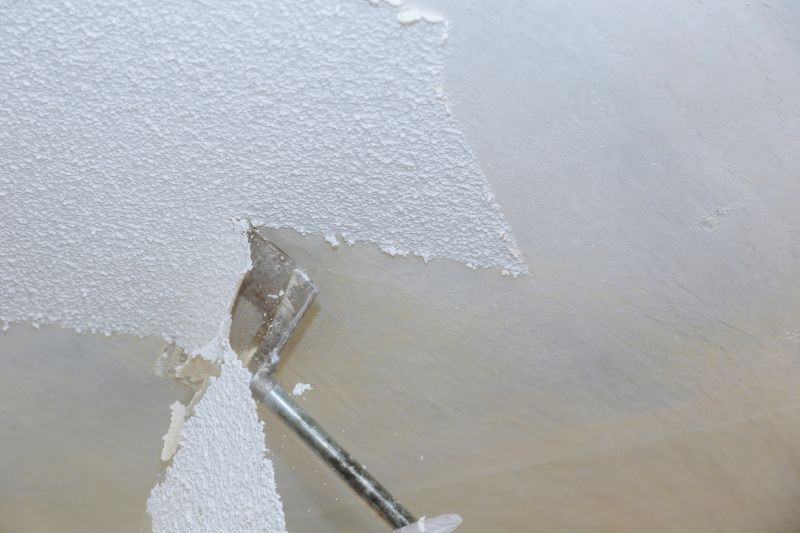
The short, realistic tool list for quality Ceiling Drywall Repairs.
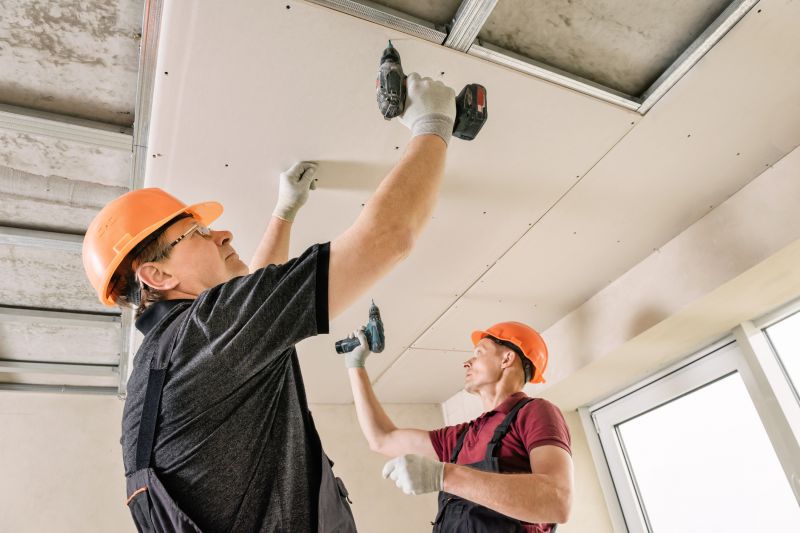
Rough timing from prep to clean-up for Ceiling Drywall Repairs.
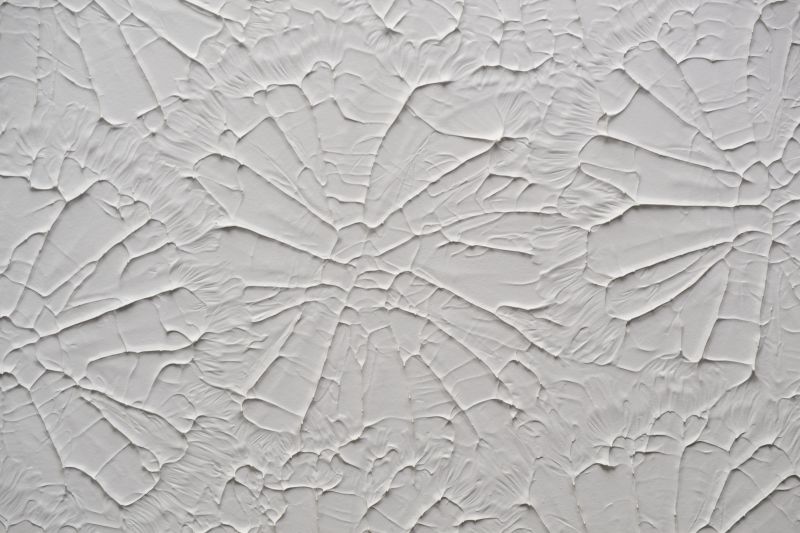
Quick checks and paperwork to keep after Ceiling Drywall Repairs.
Interested in ceiling drywall repairs? Filling out the contact form provides an opportunity to discuss scheduling options and receive professional guidance tailored to specific needs. Proper timing and execution are key to ensuring long-lasting results and maintaining the integrity of interior ceilings.
